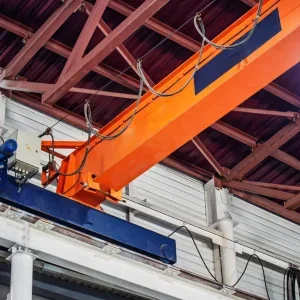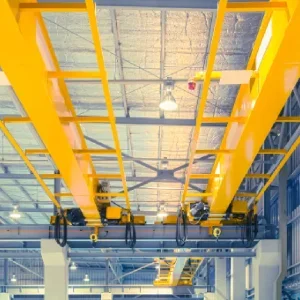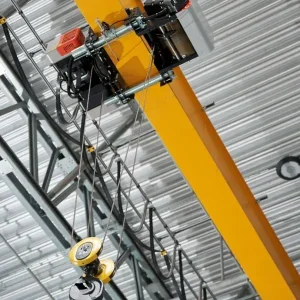"Business travel to the USA must once again be possible without restrictions. The US Government is currently locking out European business travellers. It is incomprehensible that the Schengen states are still classified as high-risk areas by the United States,” he said.
“Vaccination rates in both regions are now similarly high and incidences in Germany, for example, are even lower than in the US. The travel restrictions for business travellers are all the less understandable given that all US citizens have been allowed to enter the Schengen area without any restrictions since mid-June.
“The NIE exemption (National Interest Exemption from the US Consulate to determine whether the purpose of travel is deemed valid to enter the USA) is of limited help, as it only applies to certain exceptional cases.”
As a rule, entries for customer visits or trade fairs in the USA do not fall under this category.
“The situation is particularly critical for Germans with a work permit and right of residence in the United States. They may only apply for the NIE exemption after entering Germany or they must have stayed in a non-Schengen country for 14 days before returning,” added Ackermann.
“The EU and the German government are challenged here to dissuade their partners in Washington from their blockade. Therefore, VDMA President Karl Haeusgen has also made it clear in a letter to the US Embassy in Berlin: the ban on entry into the United States no longer has any reasonable basis.”
In other news, the VDMA recently announced machinery and plant manufacturers saw a 47% rise in orders in May.
Domestic demand rose by 33% while foreign orders from both the Euro countries and the non-Euro countries were up by 55% each.
"In percentage terms, the growth in May was below the even stronger increase of 72% in April. But the mechanical engineering sector clearly remains on course for further growth," said VDMA chief economist Dr Ralph Wiechers.
"However, we are concerned about the tense situation in the supply chains, as well as the renewed discussion about border closures in the EU. We must not jeopardise the economic upswing in Europe again with a patchwork of border controls," he warned.
In the less volatile three-month period from March to May, orders also increased by 47% in real terms compared to the previous year. Domestic orders were up 36%, while foreign orders increased by 52%. An increase of 58% was recorded from the euro countries, and 50% more orders came from the non-euro countries.






